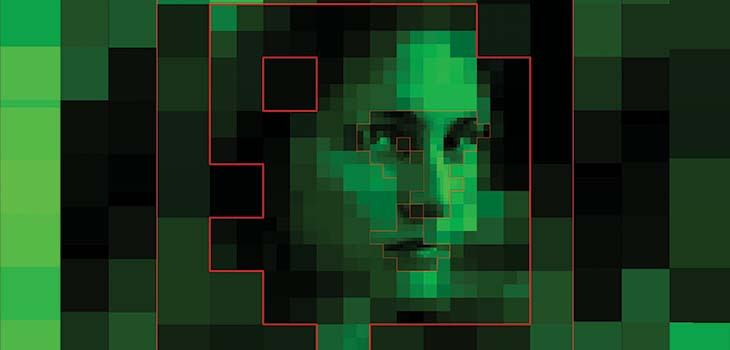
In this week’s NLJ¸ Liam Tolen, senior associate, and Chris Fotheringham, solicitor, at Ashfords, assess the potential risks and remedies.
Tolen and Fotheringham find the current law lacking in scope and the Online Safety Bill missing any specific civil remedy for deepfake harm. They consider current laws, including the common law right to bring a claim for passing off. However, they note that a ‘regular person who isn’t a celebrity’ could have difficulty proving the requirements for a passing off claim.










